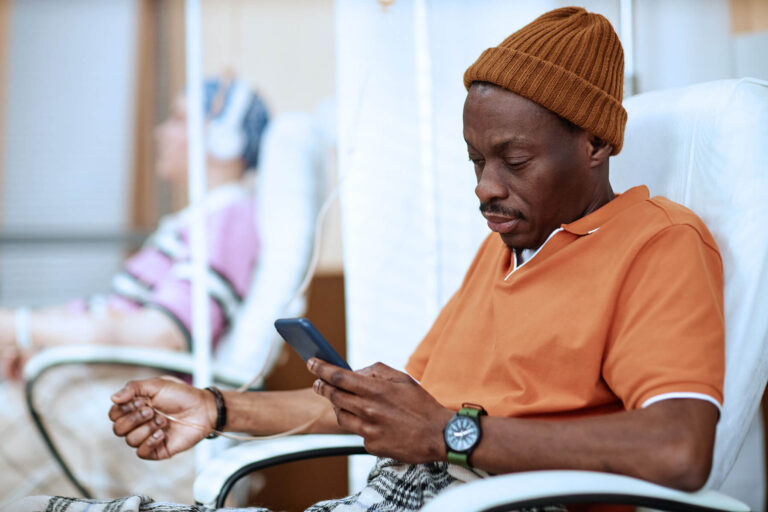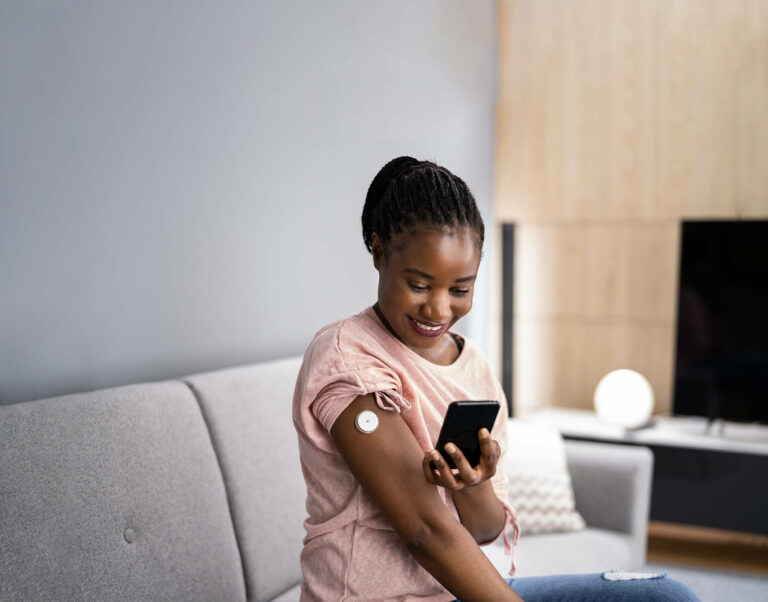Answering the Most-Searched Clinical Trial Participation Questions
When it comes to clinical trials, people have a lot of questions. And that’s a good thing! Asking questions means you care about your health and your options. We looked at some of the most-asked questions online about clinical trial participation. If you’ve been wondering the same things, you’re not alone, and we’re here to help. Read on for answers. What Does “Clinical Trials” Mean? Clinical trials test new ways to prevent, find, or treat health problems. They help doctors and scientists learn if something new is safe and works the way it should. This could be a medicine, treatment, device, or even a way of doing surgery. Some clinical trials test treatments for people who are already sick. Others look for ways to keep people healthy or catch diseases early. There are also studies that focus on improving the quality of life for people living with long-term illnesses. Every clinical trial follows a detailed plan (called a protocol) that explains exactly what the researchers will do, how they’ll do it, and who can take part. What Do Clinical Trials Do? Clinical trials help researchers test whether a new health care option works. To do this, trials often include two groups. One might get the new treatment, while another group gets the current typical treatment. If there is no current treatment, they may get a placebo, which looks the same as the new option but doesn’t have any real medicine in it. This allows researchers to see how people respond and what effects the new treatment has. The process may not always look the same, but the goal of clinical trials is always to answer these important questions: Does this new option work? Is it safe? And how does it compare to what we’re already using? Every answer helps move health care forward. What Do Clinical Trials Test For? Clinical trials test for many different things. It will depend on the goal of the study. Some test if a new medicine helps people feel better or recover faster. Others might check whether a vaccine keeps people from getting sick, and others may focus on side effects compared to current options. Just like what researchers test for is different in each trial, how they test it also varies. Testing might involve blood work, imaging (like X-rays or MRIs), surveys about how you feel, or other health checks. If you’re thinking about joining a trial, the team in charge will explain exactly what they’re looking for, what they’ll be measuring, and what you need to do. You can always ask questions if anything is unclear. What Do Clinical Trials Pay? You can sometimes get payment for clinical trial participation. However, this is not always the case. In one survey, the median for a paid trial was $3,060, with a range from around $150 to around $13,000. Some trials pay per visit, while others pay you at the end. Other trials may not offer money but instead help cover travel costs, meals, or child care. Your participation is important, and many people in the industry are working hard to make sure money isn’t a barrier. What Do Clinical Trials Consist Of? Every clinical trial follows a protocol, which lays out who can join, what will happen during the study, how long it will last, and what information researchers will collect. Depending on the trial, participants can do different things. This might mean taking medicine, using a device, going to visit a provider, or answering questions on your phone or computer. Some trials are short, while others may last months or even years. Some require you to visit a hospital or clinic, while others can be done from home. If you’re thinking about joining, the team in charge will walk you through the details. Their job is to make sure you know exactly what to expect, and you can ask questions and speak up if you aren’t sure. You have the right to fully understand how the trial fits into your life. What Are Barriers to Clinical Trial Participation? 41% of Americans know nothing about clinical research, and this means that many people don’t know they can take part in trials. They may believe common myths that keep them from learning more, like thinking their doctor has to bring up clinical research first. The industry is working hard to spread the word, and you can do your part by sharing what you know about clinical trials. Even when people know about research and want to participate, there are other barriers that can make this difficult. In-person visits may take too much time or be too far away. This is even tougher for people who don’t live in a big city or who have to balance trial participation with work or taking care of family. The good news is that researchers understand these challenges and are working to fix them. For example, many trials use local doctors or offer virtual check-ins to cut down on the need for long trips. If you want to be in a trial but need help, talk to the team in charge. They may be able to make it easier for you to participate. Have More Questions? It’s normal to have questions when you’re learning about clinical trials. The more you know, the more confident you can feel about your choices. Check out our Clinical Trials 101 resource for a simple guide to how clinical trials work, or visit our Resource Library to explore a wide range of topics. Whether you’re looking for trials near you, trying to understand the process, or just curious, we’re here to help you find answers. You can also ask your health care provider for more information or whether they think trials could be right for you.









